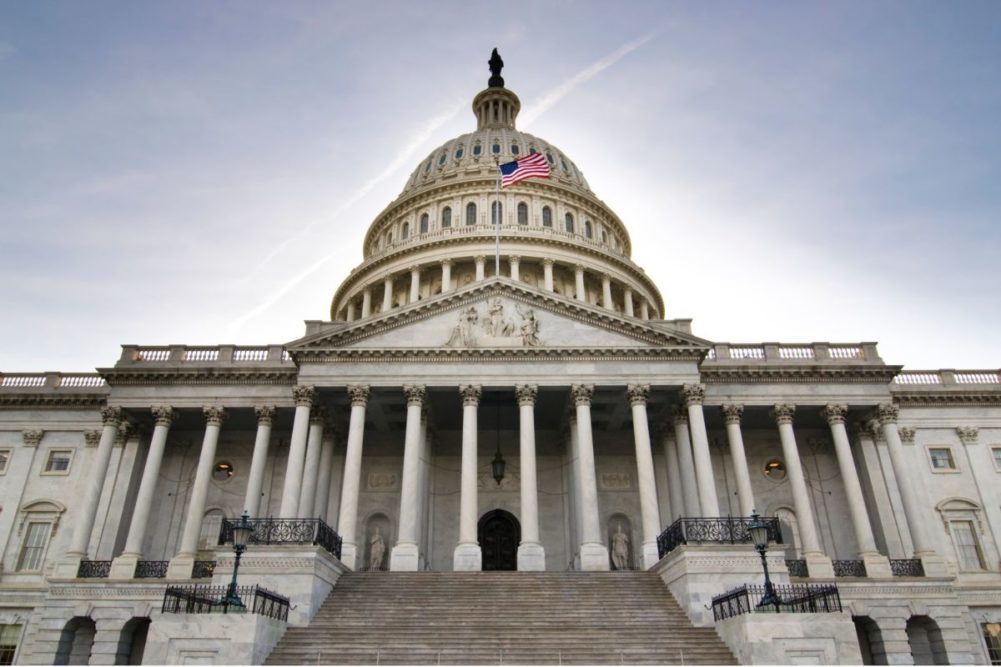WASHINGTON — The delayed passage of the 2023 farm bill appears to be making significant strides after House Agriculture Committee Chair Glenn Thompson recently said a proposed draft of the bill will be ready ahead of the Memorial Day holiday.
Thompson recently told reporters the draft will fortify farm safety net programs without cutting the current bill’s original funding for the Supplemental Nutrition Assistance Program (SNAP) or siphoning funding from the Inflation Reduction Act (IRA). Thompson said the House’s farm bill draft incorporates the IRA whose subsidies will be earmarked for conservation programs.
One heavily contested segment of the farm bill has been the recent adjustments made to the Thrifty Food Plan, which ultimately determines the dollar amount of SNAP benefits provided to recipients. Early in the Biden administration, the Thrifty Food Plan was updated, resulting in an increase of 40¢ per person per meal in SNAP benefits, which ultimately equates to nearly $30 billion per year of additional spending on nutrition programs. Adjusting the Thrifty Food Plan back to its original budget will allow the money to be redistributed to other areas of the bill, Thompson said.
Members of the Senate Agriculture Committee have not released a timeline for their proposed farm bill draft, but its members have reportedly said they will wait for the House to pass its version of the bill before moving forward with its own.
Once both the House of Representatives and Senate drafts are approved by their respective chambers, leaders from both arenas will form a conference committee to combine the two individually approved drafts. This unified version must then be approved by both the House and Senate before it is ratified into law by the president.
The current 2018 farm bill, originally set to expire Sept. 30, 2023, was given a one-year extension by Congress as both chambers needed additional time to draft their proposed versions. It is uncertain if another extension will be needed, but some analysts expect the 2023 farm bill may not get passed until 2025 given the political complexities and distractions that accompany presidential election years.





